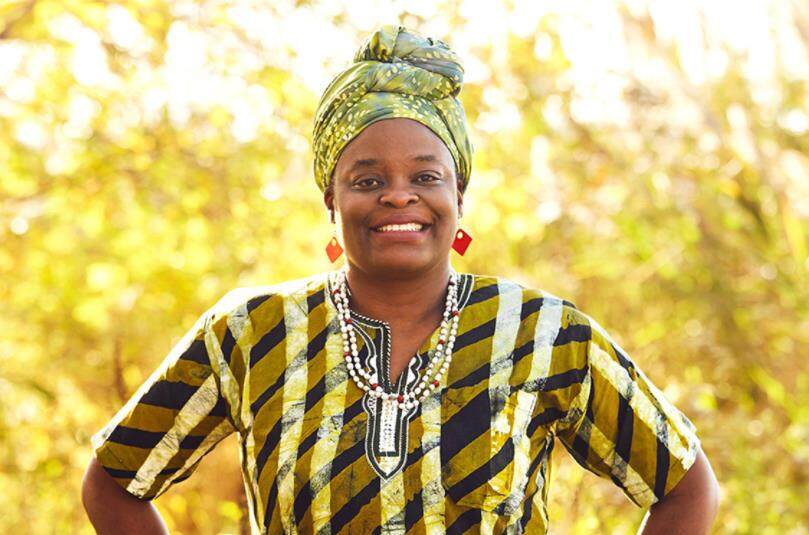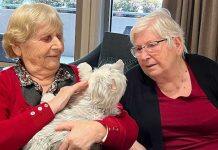The University of Toronto’s Dalla Lana School of Public Health is set to launch its new master of public health (MPH) in Black health in the fall of 2023.


Roberta Timothy, the school’s Black health lead, led the creation of the program in just five months – it was expected to take 18 – and believes it’s the first of its kind globally.
She said she couldn’t wait to share the news.
“I put the message out because when I think about the process, it’s emotional for me – and it’s emotional for me because this should not be, nor can it be, the only master’s in Black health that exists,” says Timothy who is an assistant professor of social and behavioural health.
“I don’t think I can fully feel the impact of that and the honour that led me to this journey.”
The new program, which will take applications from October 2022 to January 2023, will launch with an inaugural cohort of 10 students. It is inspired by the school’s MPH in Indigenous Health. In fact, Timothy says that her counterparts at the Waakebiness Institute for Indigenous Health have been instrumental in helping her develop the program so quickly.
“Indigenous Health leads shared how they did their programming and proposal with us,“ she says. “I had a space to adapt and move forward to put Black health first. That’s solidarity [at] work.”
Students will have six core courses alongside general requirements found in typical MPH programs, which include quantitative and qualitative research as well as introductions to public health sciences and practicums.
The core courses will include: a socio-historical overview of Black health, chronic diseases and reproductive health; decolonizing theory and methods in Black health research; transnational Black health policy and practice; and Black resistance in health.
Timothy says community elders will be highly involved in some of the courses that require a retrospective look. She has already secured support from community organizations to facilitate practicums and recruited program co-ordinator Rochelle Parcells for administrative support.
For now, core courses will be reserved for the inaugural cohort, with some availability to all students at the Dalla Lana School of Public Health. But with more funding and academic support for collaboration in Black health, Timothy says she hopes there may be “other spaces where people can actually take those classes.”
The program focuses on Black Health in its plurality, bringing the perspective of the diaspora in all course elements. Timothy is eager to look past local health, citing the 1.55 billion Black people living worldwide.
“Everything that happens in the Black community and Black health, if you look at it globally, there’s a connection,” she says. “The program is really going to integrate some of those pieces.”
Timothy says she received an immediate response from the community. “There are MDs who are like, ‘I’m done my career and if I had this program, I wish I could do it. I still want to do it.’ I’m getting all these moving messages.”
Timothy is hopeful the new program will spur scholars at other universities to launch similar efforts. She also stresses that speed at which the program came together owes much the work of those who came before her.
“I really think it’s ancestor-led,” she says. “I could not do this on my own. If we look at our thousands of years of African traditions and the connections of what our people have gone through in the continent and the diaspora, this program could not be done in five months. I don’t take props for that.”








































